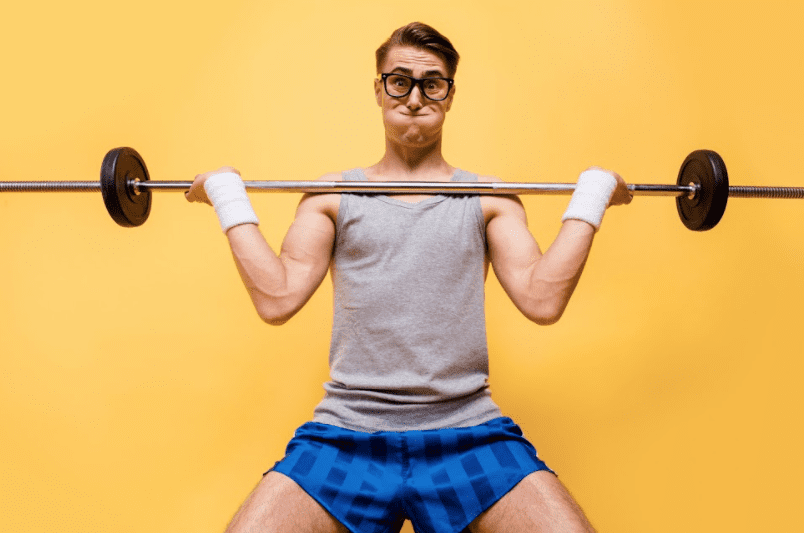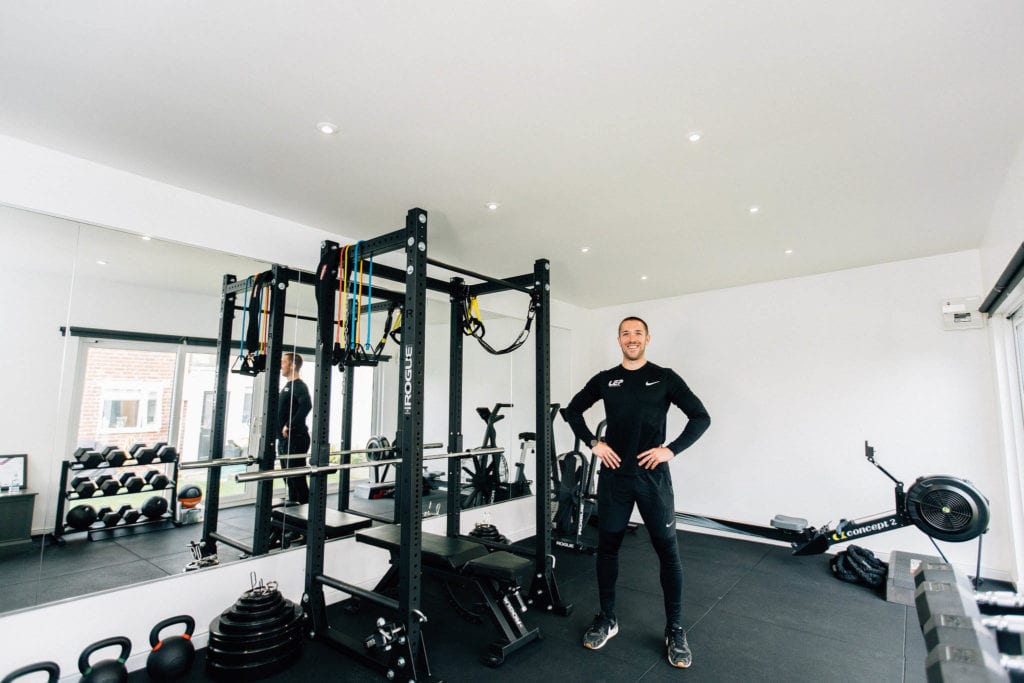How Your Diet Can Impact Your Ability To Build Muscle
22/12/2020
If you want to build muscle effectively, your diet has an important role to play. Building muscle mass requires effort and the right food. As part of a muscle-building routine, it is vital to consume various nutrient-dense foods with the right combination of proteins, carbohydrates, and healthy fats.
Remember that muscle building and maintenance become more difficult as one starts to age. Most individuals will begin to experience muscle loss at around 30 years old. Those who have a sedentary lifestyle can experience a reduction in lean muscle mass after every decade. The reason for muscle loss as a person ages may be lower cholesterol levels among men and lower estrogen levels among women. Both hormones are responsible for building muscle.
Avoid Limiting Your Food Intake
Many people limit their caloric intake from a specific type of nutrient or restrict total calories when it comes to muscle building. Remember that muscle serves as the fuel your body will turn to once your calorie levels are low. If you do not eat enough food to sustain your muscles’ growth, your body will switch into a starvation mode and increase the fat stores.
While you are exercising to build up muscle, you should not limit your intake of calories to cut down weight. Always maintain a well-balanced diet, which includes proteins, carbohydrates, and fat. Over time, your body composition will improve.
Increase The Intake Of Protein
Adding more dietary protein provides your body with the essential amino acids to build new muscle tissue after engaging in strenuous physical activity. If you have been using protein powders and shakes for a quick fix, it might be time to switch to real food as your post-workout meal, such as:
- Eggs. If you want to build muscle, you should include eggs in your diet. Eggs contain high-quality protein along with healthy fats and other vital nutrients such as choline and B vitamins. Eggs have significant amounts of the amino acid leucine, which has a crucial role in promoting muscle gain.
- Beans and legumes. These are good sources of protein and rich in fiber. Beans and legumes can keep you full longer due to the high fiber content, while also high in antioxidants.
- Salmon and tuna. Salmon is a must-have for muscle building since it’s high in proteins, omega-3 fatty acids, and B vitamins. Take note that omega-3 fatty acids play a vital role in muscle health, and boost muscle gain during workouts. As for tuna, it’s also a good source of protein with vitamin A and B vitamins – niacin, B12, and B6. Additionally, it’s a good source of omega-3 fatty acids, which support muscle health.
- Lean meats.
- Soybeans and tofu.
- Chicken and turkey. Aside from a good source of protein, turkey breast has low or almost no carbs or fat. It is also a good source of niacin, which aids in processing fats and carbohydrates in the body. As for chicken breast, you can get high-quality protein along with large amounts of B vitamins.
Remember that you need to increase your protein intake if you are switching to a workout routine that aims to build up muscle.
Adding More Carbohydrates
Carbohydrates provide the body with energy when engaging in strenuous workouts and replenish the energy stores in the muscles in the form of glycogen. You should choose nutrient-dense sources that can fill the glycogen stores, so that you can exercise effectively and for longer periods of time; the following is a list of healthy carbs:
- Legumes
- Root vegetables
- Buckwheat. It contains carbohydrates, protein, and fiber. It also contains large amounts of magnesium, phosphorus, manganese and B vitamins, allowing you to engage in muscle-building workouts and keep your body healthy.
- Quinoa. As a good source of carbohydrates, quinoa can provide the fuel you need to stay active. Quinoa contains carbohydrates along with fiber, magnesium, and phosphorus.
- Sweet potatoes
- Starchy vegetables
- Whole wheat bread, rye, and oats
Adding Healthy Fat Sources
Although you need to limit or avoid saturated and trans fats, you still need the right intake of healthy fats to improve metabolism and maintain hormonal function.
If you do not have the right intake of fat or cut it out entirely from your diet, it can disrupt muscle growth, especially among those who engage in strenuous exercise. Try maintaining your daily caloric intake of fat within the right levels.
Aside from olive oil, other sources of healthy fat that you can use for both consumption and cooking include the following:
- Dark chocolate
- Avocados
- Chia seeds
- Pistachios and almonds
- Fatty fish such as mackerel, halibut, salmon, trout and sardines
It is important to note that dietary fats provide at least 70% of your body’s energy at rest. They also maintain the right levels of testosterone for better muscle mass, and aid with the metabolism of vitamins A, D, E and K. Remember that fat contains a higher number of calories than protein and carbohydrates. With this in mind, you should carefully monitor the serving sizes.
Do Not Forget About Water
Aside from the proteins, carbohydrates, and fats that you need to include in your diet to build muscle effectively, it’s absolutely essential to drink plenty of water.
The muscles in your body require the right amount of water to maintain proper hydration, which ensures that they function well. Drinking water is vital before, during and after exercise. The amount necessary will depend on the size of the person and activity level. A person who engages in strenuous exercise needs more water than a person with a sedentary lifestyle. Adding fresh whole fruits and vegetables, which are high in water content, can also keep the body hydrated.
Even if you’re not actively training and exercising to build muscle, taking in sufficient water every day is important for a healthy mind and body.
Conclusion
Always remember to avoid restrictive diets if you want to build muscle. If you’re going to build muscle effectively, your diet plays a crucial role. Ensure that you include the right amounts of protein, carbohydrates and fat to gain muscle effectively. Follow this guide and you’ll be gaining muscle in no time.

Nick Screeton – LEP Fitness